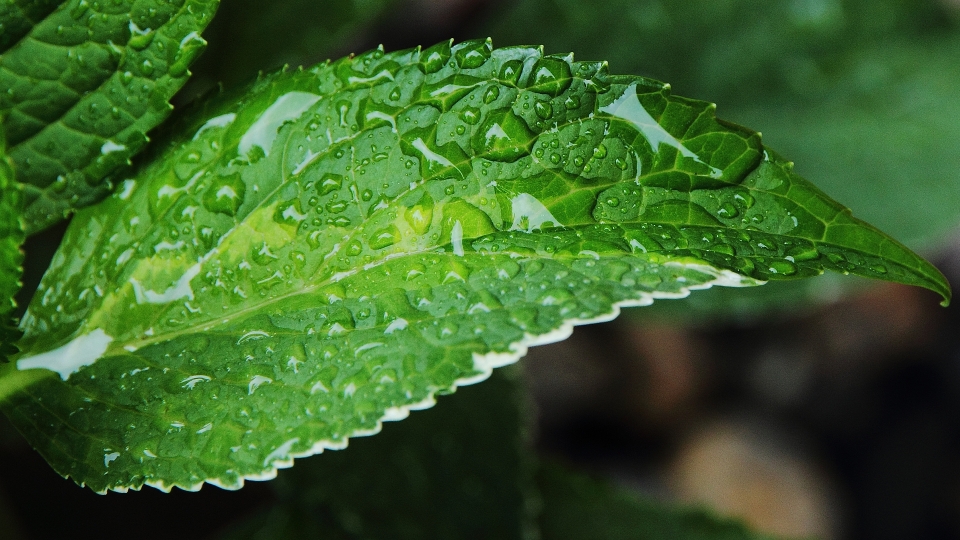Reflection: Biblical Ethics for Environment Care
WCIU Journal: Environmental Studies Topic
September 30, 2013
by James Mason
This Reflection is an excerpt from James Mason’s article, “Biblical Ethics for Environment Care” from the Spring 2012 issue of the WCIU Journal.
Creation Belongs to God and Was Created for God.
One of the most important themes in the biblical scriptures is that God owns everything. If you read carefully the entire account of creation in chapter one of Genesis you see that God is the creator of everything. There is nothing that exists in the entire cosmos that did not come from the creative work of God. Out of nothing, God brought forth everything that exists. The very act of creation implies ownership. Not only did he create everything but he gave everything its own proper place, order, and designation - and he called it good. A key point in all of this is that only an owner of creation can command the created order by an act of his will.
The repeated statement “and God saw that it was good” shows us there was a sense of pleasure that God derived from his own created world. This doesn’t mean that God is discovering that it was good - he is actually enjoying the creation. It has an aesthetic quality. It is beautiful and worthwhile. Goodness means that it is well suited for the purpose for which it was made. And it was made to give glory to God.
In verse 31 we read, “And God saw all that he had made, and it was very good.” Notice here that this is the sixth time in this chapter that God called his creation good. And in this instance, he calls it “very good.” It is important to remember that God applied the term “very good” to all of creation together, not just to single parts. Everything together—everything in its interrelatedness—has value. The entire system of creation is valuable. We should be careful not to damage that delicate balance which God so carefully crafted together.
So God created everything and he created everything for his good pleasure. Now we can add that he did this in order to give glory to himself. Psalm 148 declares,
“Praise him, sun and moon, praise him, all you shining stars. Praise him, you highest heavens and you waters above the skies. Let them praise the name of the Lord, for he commanded and they were created. He set them in place forever and ever; he gave a decree that will never pass away. Praise the Lord from the earth you great sea creatures and all ocean depths, lightning and hail, snow and clouds, stormy winds that do his bidding, you mountains and all hills, fruit trees and all cedars, wild animals and all cattle, small creatures and flying birds, kings of the earth and all nations, you princes and all rulers on earth, young men and maiden, old men and children. Let them praise the name of the Lord for his name alone is exalted; his splendor is above the earth and the heavens” (Psalm 148:3-13).
Creation belongs to God and is here to give him glory! How contrary this is to our distorted notions that the earth belongs to humanity and is here first and foremost to give us what we want. The one who destroys the earth and abuses it destroys and spoils the reflection of the one who made it. Our treatment of the earth reflects our attitude toward its maker.
My wife owns a vase that her grandmother made. I don’t find it an especially attractive piece of art but it has tremendous value to my wife. This is not because she finds it so amazing in and of itself; the value of the vase is derived from the worth of the relationship. My wife values the vase because of the person who made it.
Author Ed Brown is the head of a Christian environmental organization called Care of Creation and author of the book Our Father’s World. He writes,
My biggest reason for caring for God’s creation has nothing to do with the extent or the severity of the crisis, the number of people affected or even the ultimate future of the human race. It has to do with one simple fact: I know the God who made it all. And I love him. If I can place a high price on things that have little or no intrinsic value simply because they were made by one of my children, how much more ought I to value and care for this amazing world God made, this world is precious because he made it and that represents an excellence and beauty far beyond anything that any of could begin to comprehend, let alone make on our own.
James Mason has an MDiv from Denver Seminary. He served as a pastor for 12 years before moving to California to serve at Frontier Ventures, first in recruiting and mobilization, and now as the director of the Perspectives Study Program.


